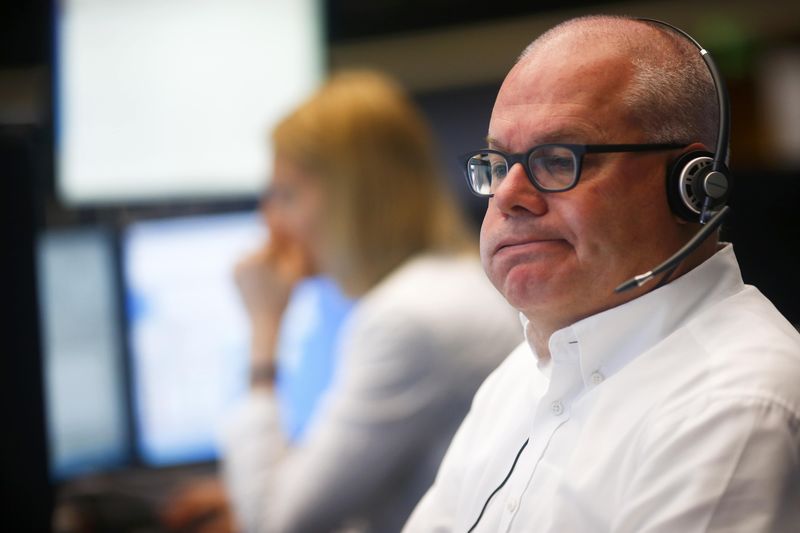* Saudi's PIF latest to get into space
* Australia's QIC launches team
* Yield pick-up a driver
* No widespread payment defaults yet
By Tom Arnold and Saeed Azhar
LONDON, Feb 18 (Reuters) - Sovereign wealth and public pension funds are bolstering their funding of private debt, with close to $9 billion committed since the COVID-19 crisis as they hunt for yield and their ample liquidity allows them to take on more risk than banks.
Most recently, Saudi Arabia's Public Investment Fund said last week it had become an anchor investor in a new $300 million shariah credit fund. Queensland Investment Corp (QIC), an investment arm of the Australian state, last month became the latest state-owned investor to launch a private debt team. year marked a tricky time for the asset class. Private- debt fundraising declined substantially and commitments to direct lending, the largest chunk of it, fell by more than half.
But as the uncertainty surrounding the pandemic lifts, activity is expected to pick up in 2021. State-owned investors with their deep pockets and long-term investment horizons are at the forefront.
"Now we are seeing real interest from sovereign and pension funds that wasn't there a couple of years ago," said Antoine Josserand, head of business development at pan-European private credit manager Pemberton Asset Management, which counts both types of investors as clients.
"It's a reflection of the fact that they recognise the merit in terms of diversification of their alternative asset bucket. Others, as part of their fixed-income portfolio, are trying to find the best relative value they can in the current negative rate environment."
With interest rates near zero in the pandemic's aftermath, many are tempted by the yield pick-up offered by private debt, with estimated returns over a 20-year period of close to 9%, more than U.S. equity or corporate high-yield benchmarks, according to PitchBook data.
"They are doing it because conventional asset classes are not giving the returns they have historically delivered," said Andy Cairns, head of corporate finance of First Abu Dhabi Bank, the biggest lender in the United Arab Emirates, home to state-owned investors Abu Dhabi Investment Authority (ADIA) and Mubadala Investment Co, both active in private debt.
Many funds choose external partners to manage their portfolios or invest alongside. Others, such as ADIA and now QIC, also have in-house specialists. QIC's team will look after the origination, analysis and management of private debt, initially in infrastructure assets.
The operations will act as a source of financial stimulus for sectors like infrastructure, real estate and companies rebuilding after COVID-19, QIC said.
The asset class has grown from 2% of portfolios in 2015 to 3.2% in 2020 among the top 10 state-owned investors, according to Global SWF, an industry data specialist. State-owned funds have allocated close to $9 billion to private debt since the pandemic, according to its data.
"Sovereign investors benefit from lower liability constraints that enable them to take on more liquidity risk than banks," Global SWF said.
Across all investors, fundraising for distressed debt and credit special situations, such as for growth capital and balance sheet restructurings, rose during 2020 to $37.3 billion, PitchBook data showed.
Qatar Investment Authority is generating strong returns on a multi-billion dollar bet it made on distressed debt, sources told Reuters last month. far, there has been little sign of investors being burned, with no wave of payment defaults after the COVID crisis. Still, mark-to-market values for private debt funds fell during the pandemic's immediate aftermath.
"Early indications point to a modest recovery in subsequent quarters, but the full extent of the damage to portfolios won't be known until later in 2021," Dylan Cox, a private capital analyst at PitchBook, wrote in a research report.
